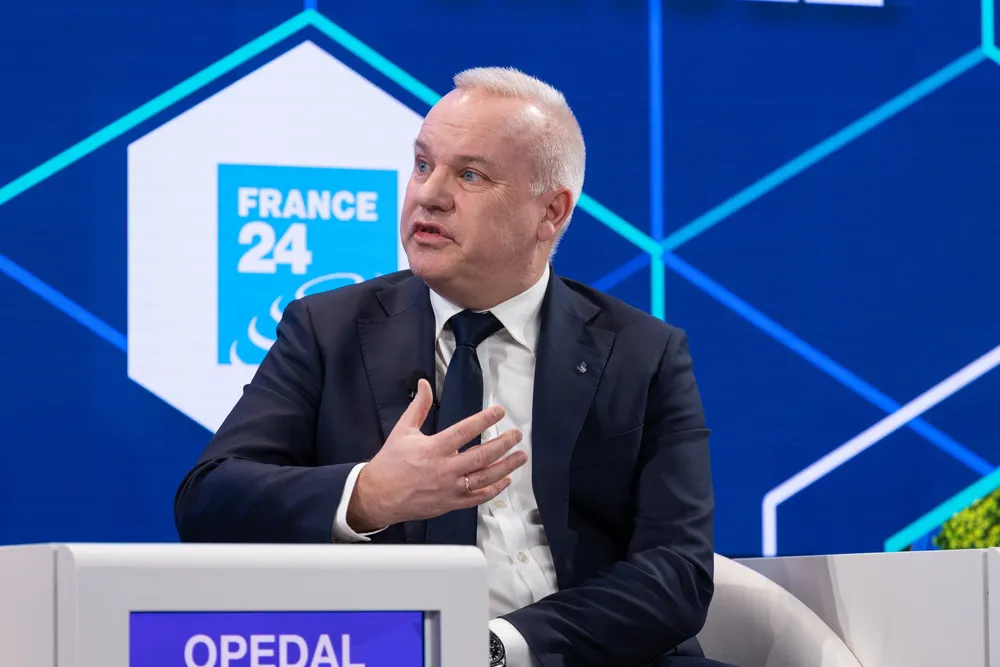Major Equinor offshore wind project outside US knocked off course by Trump turmoil
Norway’s Equinor has recently been involved in high-profile showdown with US President over its Empire Wind project off New York

Donald Trump’s attacks on the offshore wind sector are having ripple effects as far away as Australia, where Equinor has asked for more time to decide on accepting a key licence for a major floating wind project in light of US policy upheaval.
Australia’s Minister for Climate Change and Energy Chris Bowen has granted the Norwegian oil giant and local developer Oceanex another 90 days to consider whether to accept a feasibility licence for their Novocastrian Wind project.
The 2GW project sits in the Hunter offshore wind zone off New South Wales, near the city of Newcastle, and could power more than a million homes.
“We therefore sought more time from the Australian Government to be able to fully assess those impacts and make a decision on the project.”
Equinor, which is owned by the Norwegian state, has recently been involved in a high-profile showdown with US President Donald Trump over his administration’s issuance of a stop work order for its fully permitted Empire Wind project off New York, which is in the midst of construction.
The move provoked uproar in the offshore wind sector and beyond.
But it appears the disruption and distraction this caused for Equinor, which did not respond to a request for comment, may have indirectly impacted Novocastrian.
“Oceanex has been committed to the local region, the Hunter Valley, since initiating the project in early 2020, and we want to ensure that we progress to the next stage,” said Evans. “We’re working with our partner to ensure we are aligned on that.”
“As proud Australians, we want Australians to benefit from the many jobs, investment and learning opportunities ahead, so we’ll be working hard for the region to progress.”
The project’s future still depends on “a number of matters being agreed” with Equinor, he said, “including the structure of the project, from a commercial and delivery perspective, and how we guarantee that the local region benefits.”
“We love the Hunter Region and know it is the best place for a new floating foundation industry in Australia,” he said. “We simply feel in unison with the whole region.”
Energy minister Bowen announced yesterday that he has decided to offer a feasibility licence to the1.5GW Bunbury Offshore Wind Farm project off Western Australia.
Bowen has also shortlisted two projects, one an extension of the Bunbury Offshore Wind Farm, for a preliminary feasibility licence in the southern area of the Bunbury development zone, with the two projects now needing to resolve an overlap between them.
"While we are seeing progress and developers’ willingness to advance the projects around Victoria, the market is struggling outside of this in both New South Wales and Western Australia. A lot is tied to the lack of clarity on offtake route in these states as well as certainty on grid connection."
"The geopolitics and global market conditions are certainly playing into this context: Developers around the world, including in Australia, generally have a low appetite to take risks at the moment and focus on spending money on projects with certainty on key parameters."
(Copyright)